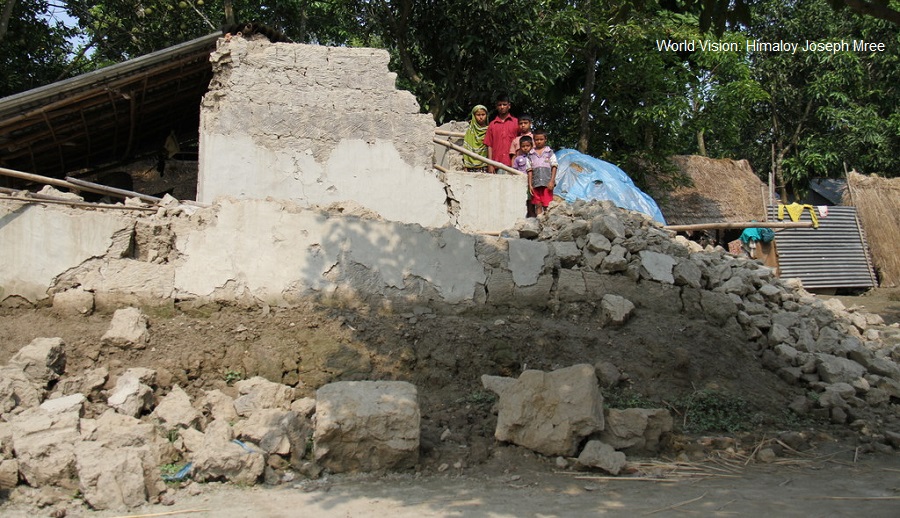At the Start Network, we’re proud that the Start Fund is the first of its kind to allow humanitarian Non-Governmental Organisations (NGOs) to ‘anticipate’ crises. We are starting to see the concept becoming normalised. Next month, the Red Cross will officially open a ‘forecast-based financing’ window for the Disaster Relief Emergency Fund. UN agencies such as the World Food Program (WFP) and Food and Agriculture Organisation (FAO) are also gearing towards earlier action and United Nations Office for the Coordination of Humanitarian Affairs (UN OCHA) are consulting on plans to make the Central Emergency Relief Fund (CERF) trigger earlier for slow onset emergencies.
Common to the above are the simple ingredients of improved planning in preparedness, predictable decision-making based on forecasts and pre-agreed financing for early action.
I have spent the past two and half years as Start Network’s Crisis Anticipation Advisor, discussing these concepts with a variety of people. Speaking with development practitioners, we explain that it is the sharp end of disaster risk reduction. To humanitarians, it is those advanced preparedness actions which enable a more effective response, but crucially linked to financing. To advocates of early action it is ‘no-regrets’ programming. To my parents, it is just common sense. They also look at the forecast and act accordingly, packing an umbrella or suncream.
A new report from the UK-based think tank the Overseas Development Institute (ODI) brings together these various initiatives and describes them as Forecast-based Action (FbA). The ODI report, ‘Forecasting hazards, averting disasters: Implementing forecast-based early action at scale’, says humanitarian action has not kept pace with improvements in early warning, and FbA addresses this by setting up decision-making systems ahead of disaster. FbA, they write, “has the potential to revolutionize disaster risk management in a way that previous efforts to improve the links between early warning and early action have not.”
The authors examine the chain of data use and decision-making: from decisions about the forecast and monitoring data to be assessed, the selection of triggers, decision-making systems, protocols for action and the financing mechanisms needed to deliver support to communities before a disaster happens. The paper points out that while there is agreement on the value of early action, there is also “wide interpretation of what this means and when it can occur”.
The paper concludes that there are “significant challenges associated with using forecasts systematically to trigger the release of international and national humanitarian funds – and hence taking some control over allocation away from donors, governments and NGOs”. Nevertheless, the authors say that such a “step change” is necessary if FbA is to have a significant impact on the lives of vulnerable populations.
The Start Network are beginning to take those steps. We also recognise that it will be a long road.
The ODI paper is part of a project which brings the UK and German governments, Organisation for Economic Co-operation and Development, World Bank together with UN agencies, Red Cross and the Start Network to collaborate around scaling up the FbA approach. As the old saying goes, if you want to go fast, go alone. If you want to go far, go together.
To give the last word to the authors, “to have a significant impact FbA will need to be adopted at scale, building on existing delivery channels and drawing on a range of financing mechanisms.”
We at the Start Network couldn’t agree more.
More information on how the Start Network is fostering innovation in the humanitarian sector:
- The Drought Financing Facility
- The African Risk Capacity Replica Programme
- Start Fund Crisis Anticipation Window

